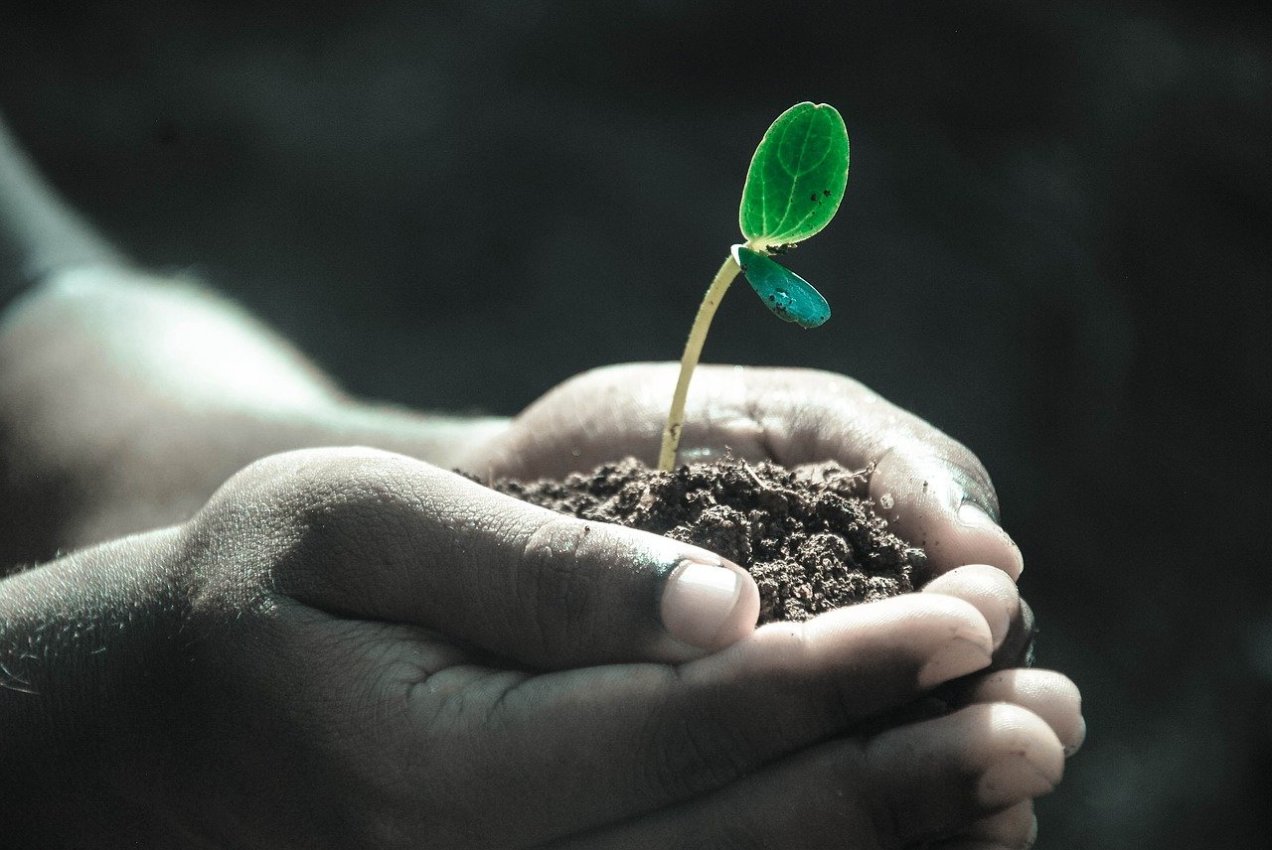At the end of our last discussion, I posed the question: How can our new funerary traditions and celebrations become sources of happiness, inspiration and ecological responsibility?
There have been many new remains disposal options popping up, and I’m really digging this one: Recompose.
“Become soil when you die
Death is profound, momentous, and beyond our understanding.
With an approach that is as practical as it is meaningful,
Recompose connects the end of life to the natural world.” –Recompose.life
Those words greet you on the Seattle-based company’s website, giving a brief but pungent summary of the service they offer and why. Recompose is a modern funerary option that was developed out of both personal desire and societal need. Rather than become a chemical hazard that leaks into the soil over time, you can now become the soil itself and provide a rich, nutritious foundation for foliage to grow.
I appreciate the clever naming, changing decomposition – the process of wasting away – into REcomposition, which sounds much more positive and hopeful. It truly is. With this process, your physical body is given a new form, not only reducing the amount of harm that traditional burials and cremations cause to the planet, but also giving back to it and being a part of its future. Recompose allows you to live on in a different way.
Its Precompose package allows you to pre-pay for your care after death. By pre-paying, you can assure your chosen arrangements are all set while ensuring the future of the Recompose practice.
This method of disposal is perfect for those who wish to take action against the destruction of our earth. Once your body is composted, there is the option to donate the soil to the 700 acres of Bells Mountain conservation forest. Or, for an additional cost, a recipient can be named and Recompose will ship the full yard of soil produced to that person. Then, the recipient can use the soil in their home garden or spread it in a place of your choosing.
For $5,500, you receive this service along with what they call the laying-in ceremony, transport to the facility within a certain local radius, as well as the death certificate. They do accept out-of-state bodies, but transportation is not included in those cases. Currently, their appropriately-named Greenhouse facility has a 10-body capacity per month. If any bodies come in while at capacity, they use cold storage to keep them fresh.
This price is already more affordable than the standard funeral, but if you feel that amount is hefty, they even offer monthly payment options so you can pay off the balance over time before the big event. You can also buy it as a gift for others, and it is still 90% refundable after 30 days of purchase.
The laying-in ceremony is simply the process of putting a person’s body into a specially designed vessel along with plant material and microbes which help to transform the person into soil. You can customize this ceremony like any funeral depending on your faith and preferences, with prayer, music, etc.
How does the environmental impact of this process stack up against traditional burial?
Firstly, it reduces the human carbon footprint by one metric ton every time a human is composted rather than buried or cremated. According to its website, Recompose uses 1/8 of the energy of those traditional methods.
It also removes the need for embalming fluid. As we talked about before, those chemicals are very harmful to the funerary workers, the environment, wildlife and potentially the water table. Think about how much healthier the earth could be if we all chose a less toxic, or in this case non-toxic, alternative.
Not only does Recompose reduce toxic contamination, but it also goes a step further to produce healthy soil, which is essential to the survival and thriving of the entire world including temperature regulation.
Rather than wasting the resources we have left at death with cremation or burial, you can utilize those resources and take action and ecological responsibility, even in death.
For more information, visit Recompose.life or email info@recompose.life.

